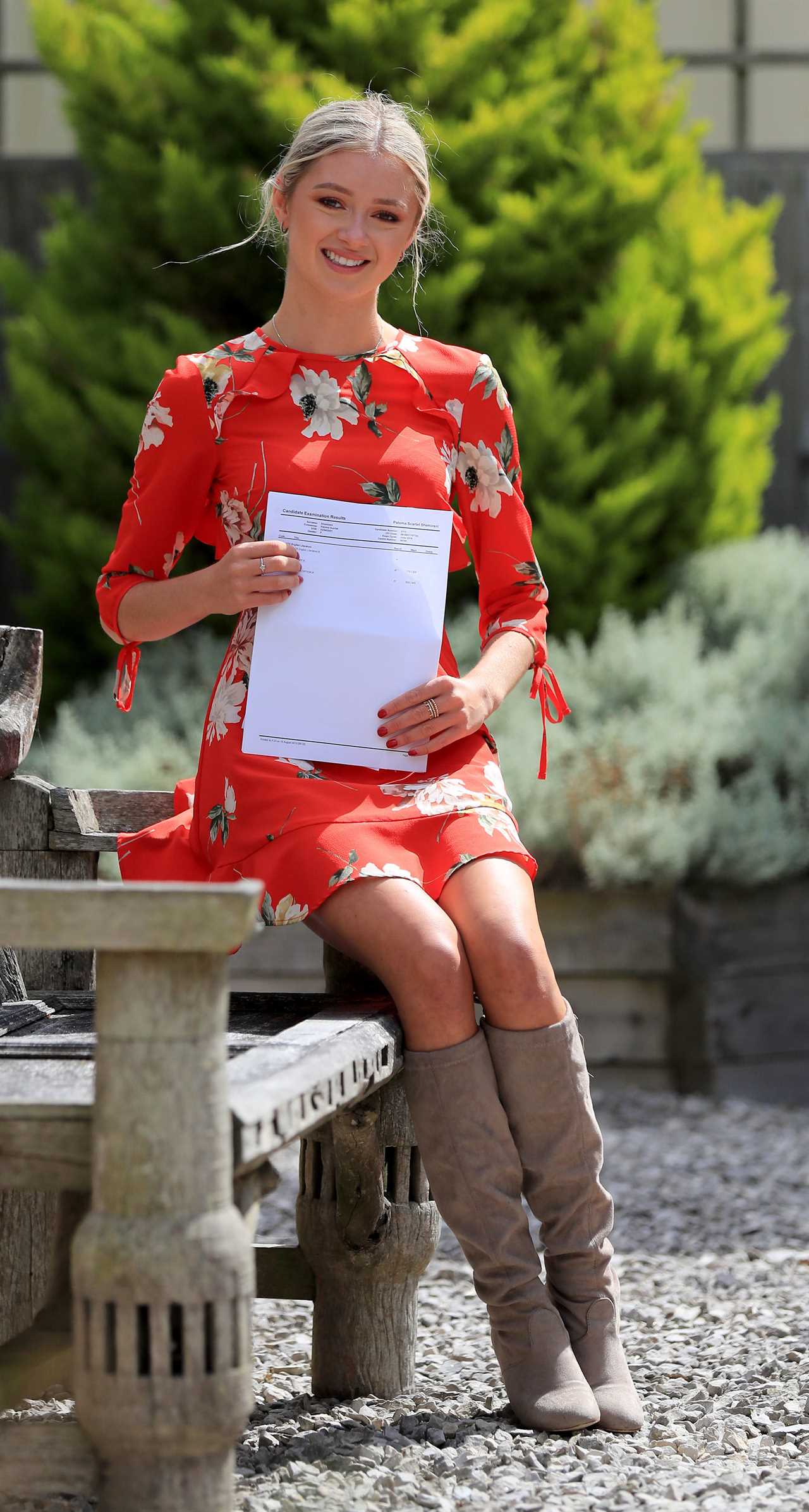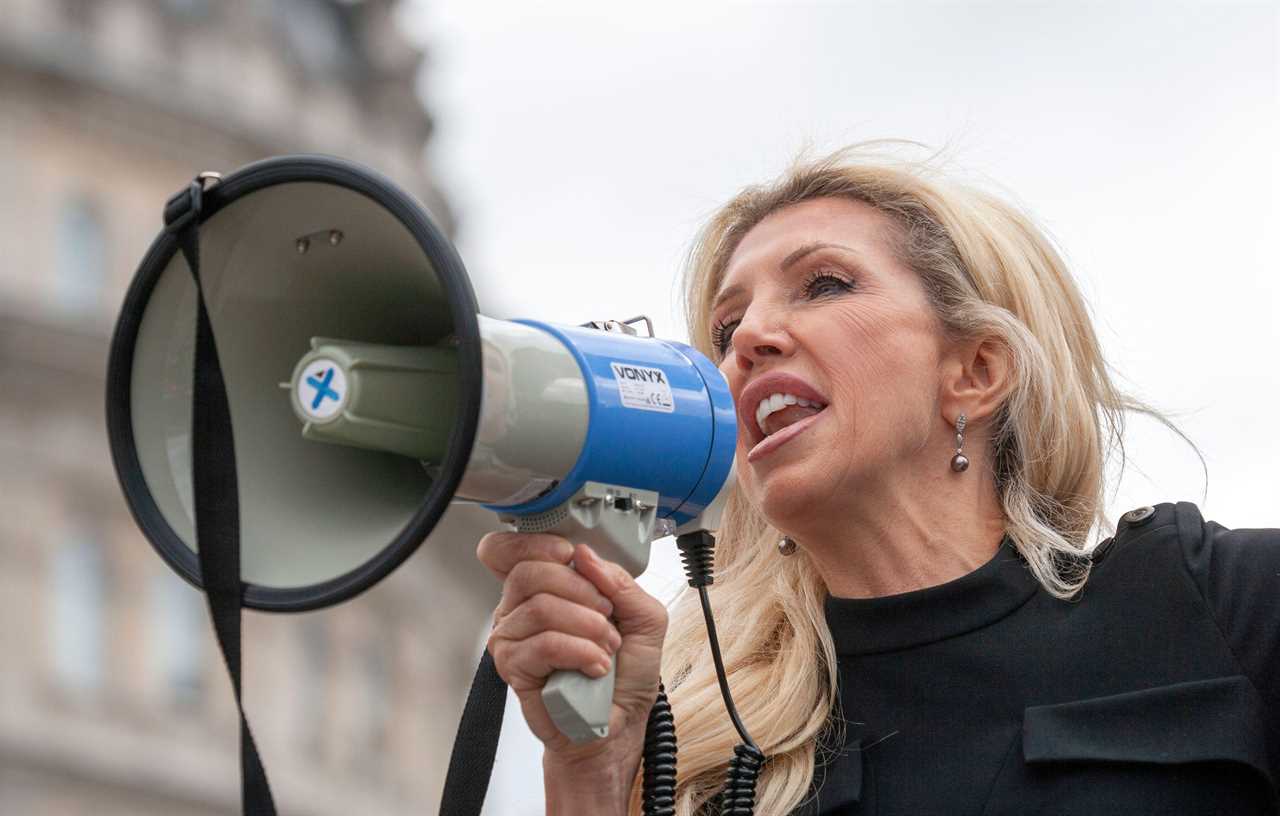
In the aftermath of the heartbreaking death of a 23-year-old Cambridge graduate who declined chemotherapy for a "treatable" cancer, a complex narrative unfolds. Paloma Shemirani's staunch refusal of medical intervention due to her "anti-vax" beliefs, closely intertwined with her mother Kate Shemirani's controversial advocacy, raises profound questions about individual autonomy, alternative therapies, and the influence of conspiratorial thinking on healthcare decisions. This poignant case illuminates the collision of personal choice, scientific consensus, and familial dynamics, echoing broader debates on health literacy and medical ethics in a rapidly evolving landscape.
The Interplay of Alternative Therapies and Established Medicine
Paloma's tragic story unveils a stark juxtaposition between the promises of conventional oncology and the allure of alternative treatments rooted in natural healing traditions. Her unwavering trust in unproven therapies, coupled with a deep-seated suspicion of established medical practices, underscores the complexities individuals face when navigating healthcare decisions in an era marked by information overload and conflicting narratives. The clash between evidence-based treatments and anecdotal remedies exposes the intricate dance between hope and skepticism in the realm of serious illness.
Challenges at the Intersection of Personal Beliefs and Medical Science
At the heart of this narrative lies a profound tension between individual autonomy and societal responsibilities in matters of health. Paloma's firm rejection of chemotherapy, driven by fears of infertility and a belief in the Gerson therapy, shines a light on the delicate balance between personal agency and the duty to engage with proven medical interventions. The tragic consequences of her choices prompt us to reflect on the boundaries of personal freedoms, informed consent, and the ethical obligations of healthcare providers when faced with patients who opt for unconventional paths to healing.
Navigating the Terrain of Healthcare Autonomy and Legal Safeguards
The legal dimensions of Paloma's case unravel a web of human rights assertions, parental influences, and the intricacies of patient care. Her allegations of rights violations and the subsequent legal scrutiny of her treatment decisions underscore the intricate interplay between individual liberties and state obligations in safeguarding public health. As the inquest delves into the nuances of her care, it invites us to ponder the fine line between respecting personal choices and intervening when those decisions pose significant risks to one's well-being.

As this poignant story continues to unfold, it serves as a poignant reminder of the multifaceted challenges at the intersection of personal beliefs, medical ethics, and societal norms. Paloma's journey, marked by tragedy and controversy, resonates far beyond her individual experience, beckoning us to engage in nuanced dialogues on health literacy, holistic care, and the complex interweaving of science and belief systems in the realm of modern medicine.
Did you miss our previous article...
https://trendinginthenews.com/cancer/preventable-liver-cancer-cases-a-global-health-imperative






